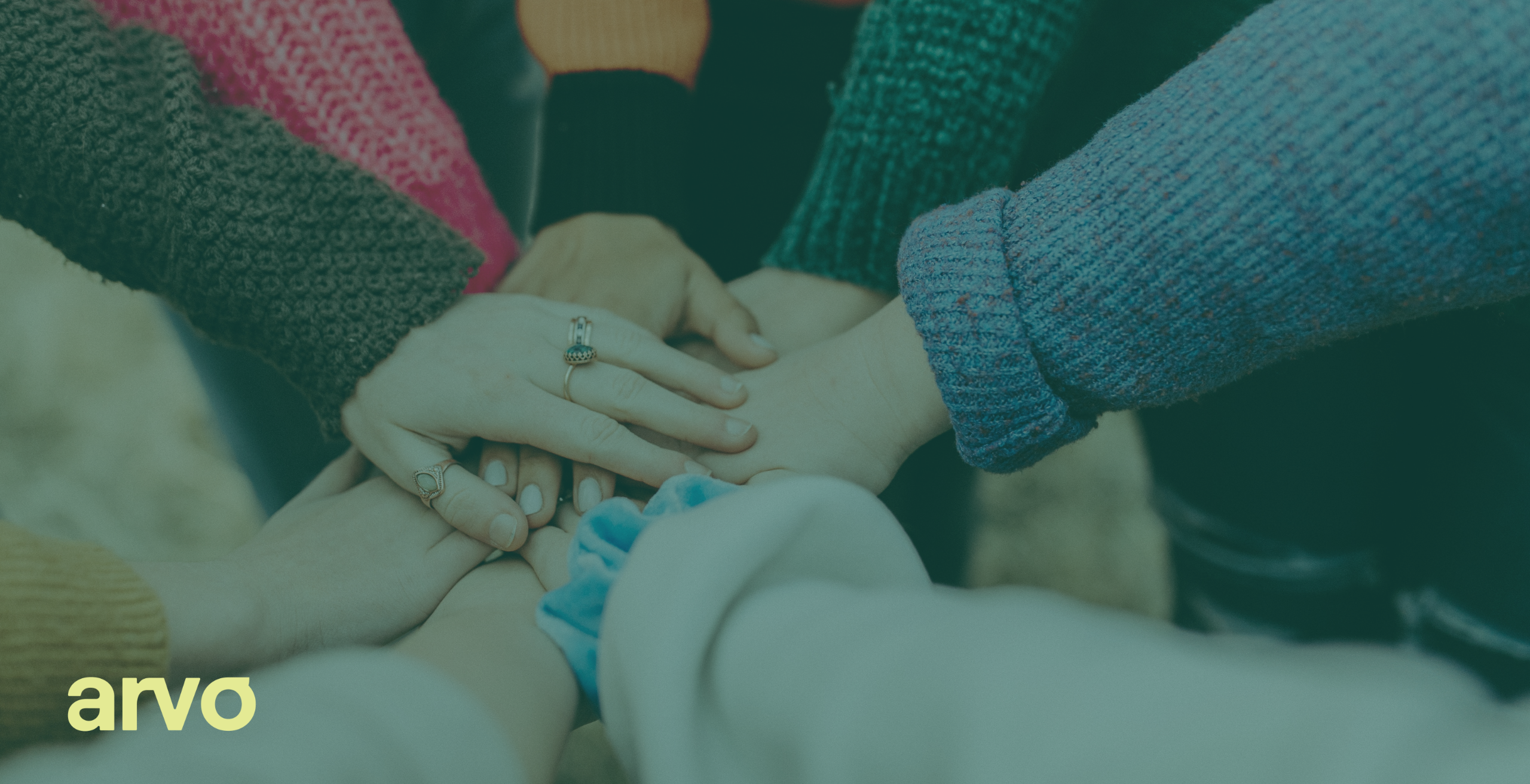In today’s world, creating job opportunities and promoting economic growth are crucial for building thriving communities. One powerful tool that can help achieve these goals is the Work Opportunity Tax Credit (WOTC). WOTC is a federal tax credit program designed to encourage employers to hire individuals from targeted groups who face employment barriers, such as veterans, ex-felons, individuals with disabilities, and others. The Work Opportunity Tax Credit can impact a community in a positive way, by creating job opportunities, fostering economic growth, and promoting diversity and inclusion.
Job Creation
One of the most significant impacts of the Work Opportunity Tax Credit is job creation. By offering financial incentives to employers, WOTC encourages them to hire individuals from targeted groups who may face challenges in finding employment. This can help create job opportunities for individuals who may have difficulty accessing the job market due to various barriers, such as lack of experience, limited education, or past criminal records. When employers take advantage of WOTC, it can lead to increased employment rates in the community, which can have multiple positive effects.
First, job creation helps individuals achieve financial independence and improve their quality of life. It provides them with the opportunity to earn a living, support themselves and their families, and contribute to the local economy. As individuals gain employment, they may also develop new skills, gain work experience, and increase their chances of finding better job opportunities in the future, leading to long-term economic stability.
Second, job creation can reduce unemployment rates in the community, which can have a ripple effect on the overall economic health of the area. Lower unemployment rates can lead to increased consumer spending, stimulate local businesses, and generate tax revenues that can be invested in community development initiatives. This can help create a positive economic cycle that benefits the entire community.
Economic Growth
The Work Opportunity Tax Credit can also contribute to economic growth in the community. When employers take advantage of WOTC and hire individuals from targeted groups, it can result in increased economic activity. As individuals gain employment, they have the means to participate in the local economy, such as spending on goods and services, paying taxes, and contributing to the local workforce.
Moreover, WOTC can incentivize businesses to expand and invest in their operations. By offering tax credits to employers, WOTC can lower the cost of hiring and training new employees from targeted groups, making it more attractive for businesses to expand their workforce. This can lead to business growth, increased production, and potentially, the creation of more jobs in the community.
Diversity and Inclusion
Another important impact of the Work Opportunity Tax Credit is its potential to promote diversity and inclusion in the workplace. WOTC is designed to target individuals from groups that may face employment barriers, such as veterans, ex-felons, individuals with disabilities, and others. By incentivizing employers to hire individuals from these targeted groups, WOTC can help foster a more diverse and inclusive workforce in the community.
Diversity in the workplace has numerous benefits. It can bring fresh perspectives, ideas, and experiences, leading to increased innovation and creativity. It can also help businesses better understand and serve a diverse customer base, and create a more positive and inclusive work environment. Additionally, hiring individuals from targeted groups through the WOTC can help reduce discrimination and bias in the hiring process, and provide opportunities for underrepresented individuals to succeed in the workforce.
In conclusion, the Work Opportunity Tax Credit can have a significant impact on your local community and if you’re not participating or if you want to find a simple way to execute at your organization, reach out to us here at Arvo. You will be happy you did as well as your community.
